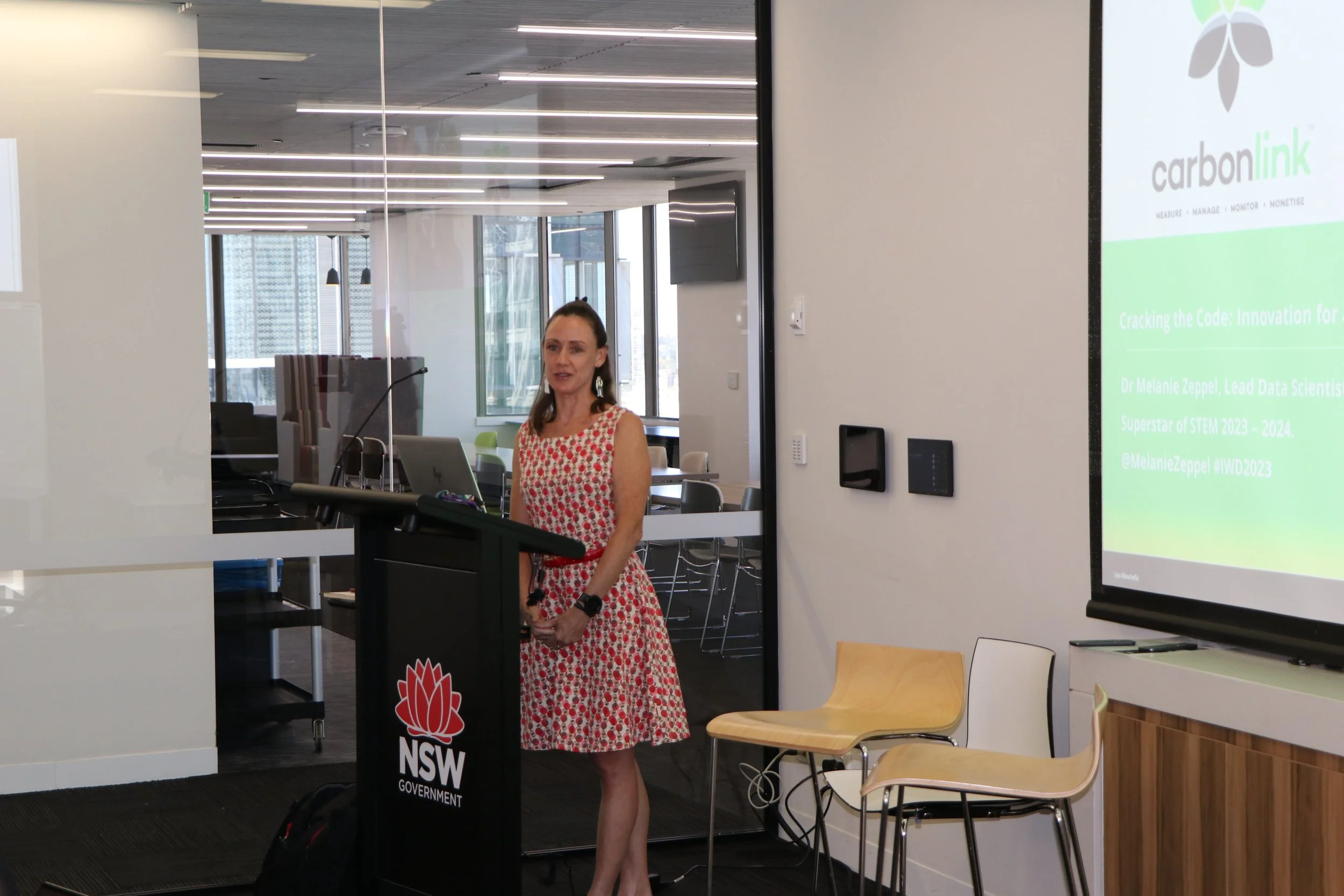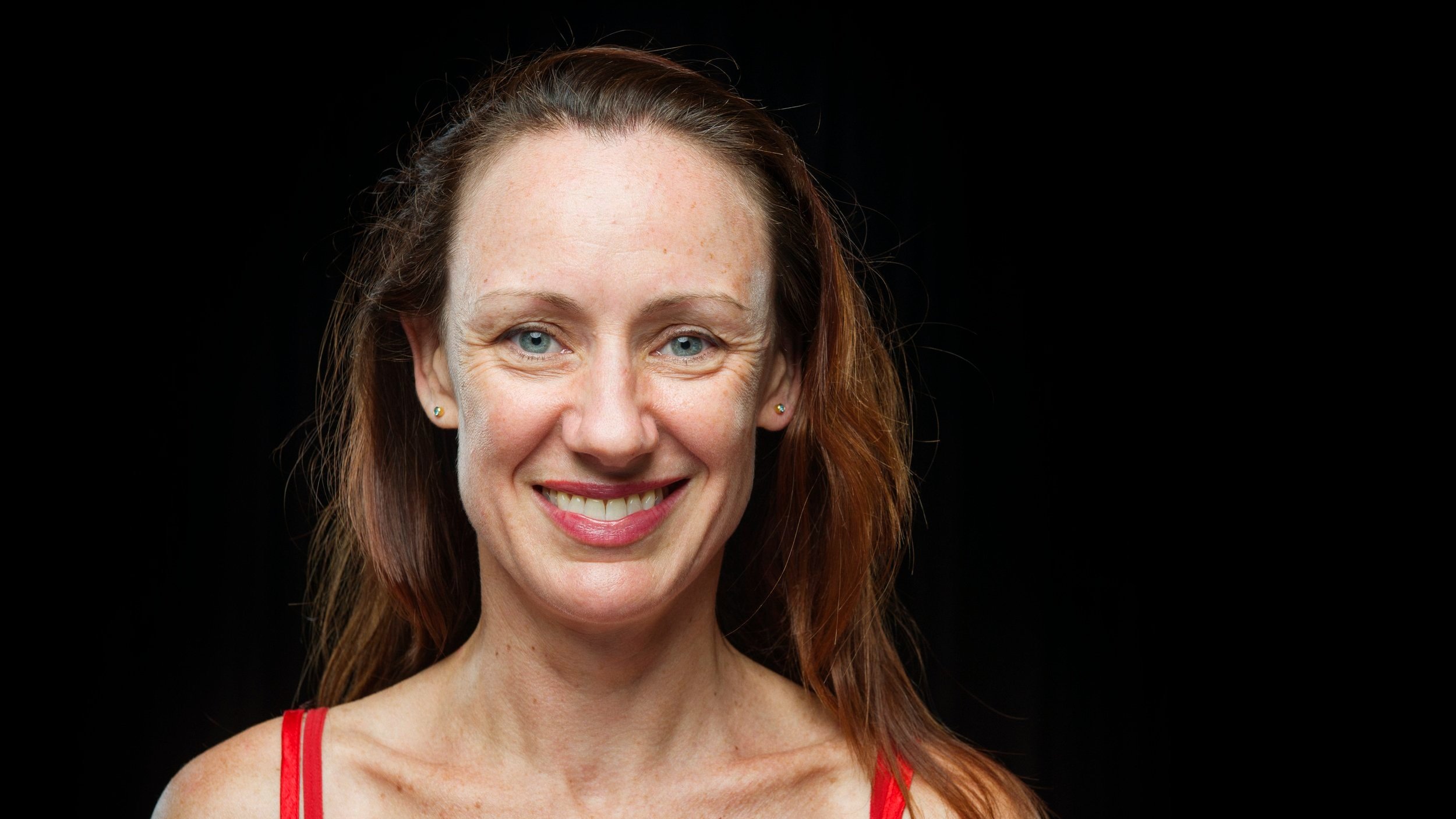
Media & Keynotes
-
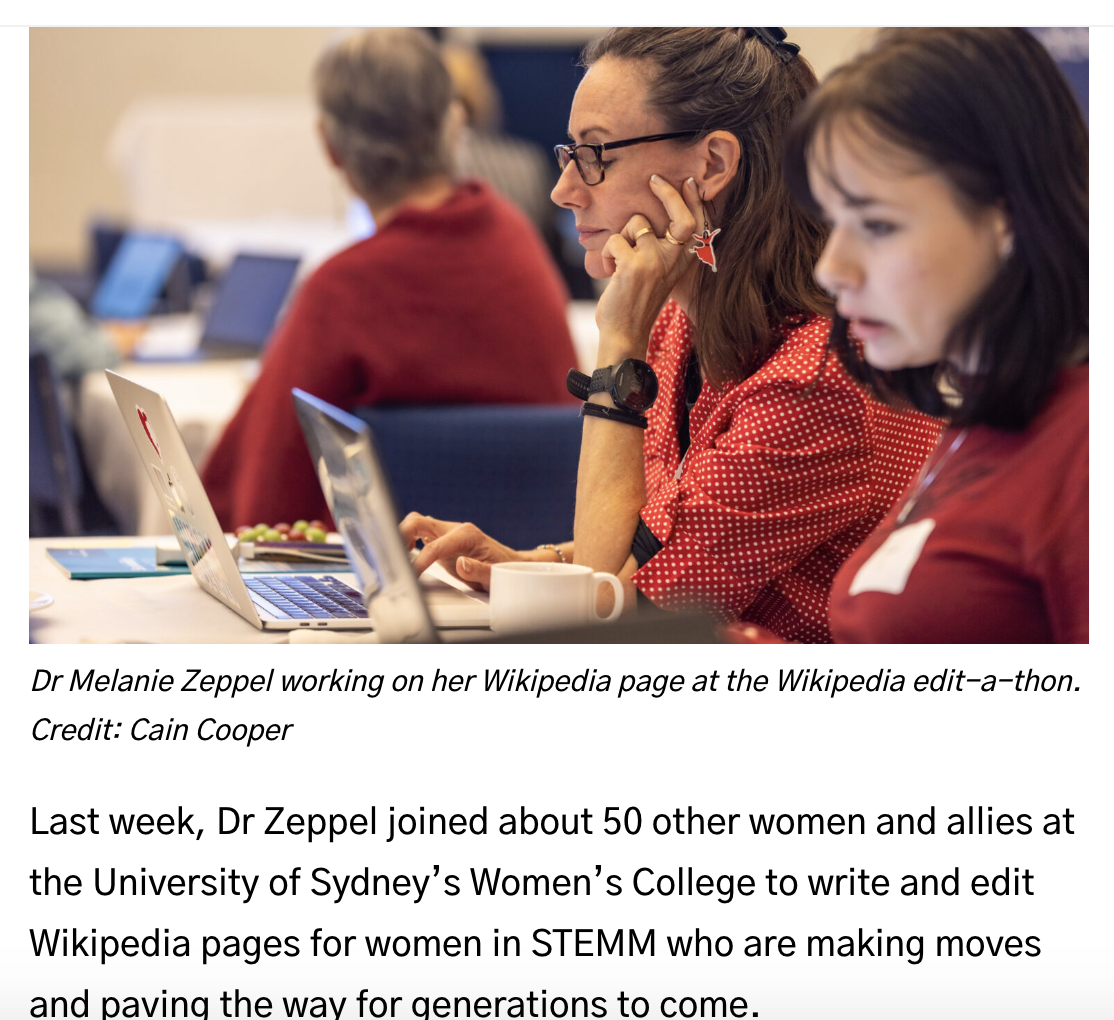
Women's Agenda
Article: August 2024
Olivia Cleal from Women’s Agenda interviewed Dr Zeppel, as she joined about 50 other women and allies at the University of Sydney’s Women’s College to write and edit Wikipedia pages for women in STEMM who are making moves and paving the way for generations to come. Over two days, Franklin Women created 31 new articles, and improved 91 articles, for women in STEMM.
-

SBS World News
TV segment: August 2024
SBS World News interviewed Dr Zeppel for a TV piece, from Abbie O’Brien, about the impact of wikipedia pages on Women in STEM, and how the important it is to elevate the profile of women in STEM at the Franklin Women event. Less than 20 per cent of English Wikipedia biographies are of females. It's this statistic that inspired a global movement aimed at boosting the number of Wikipedia pages profiling women.
-
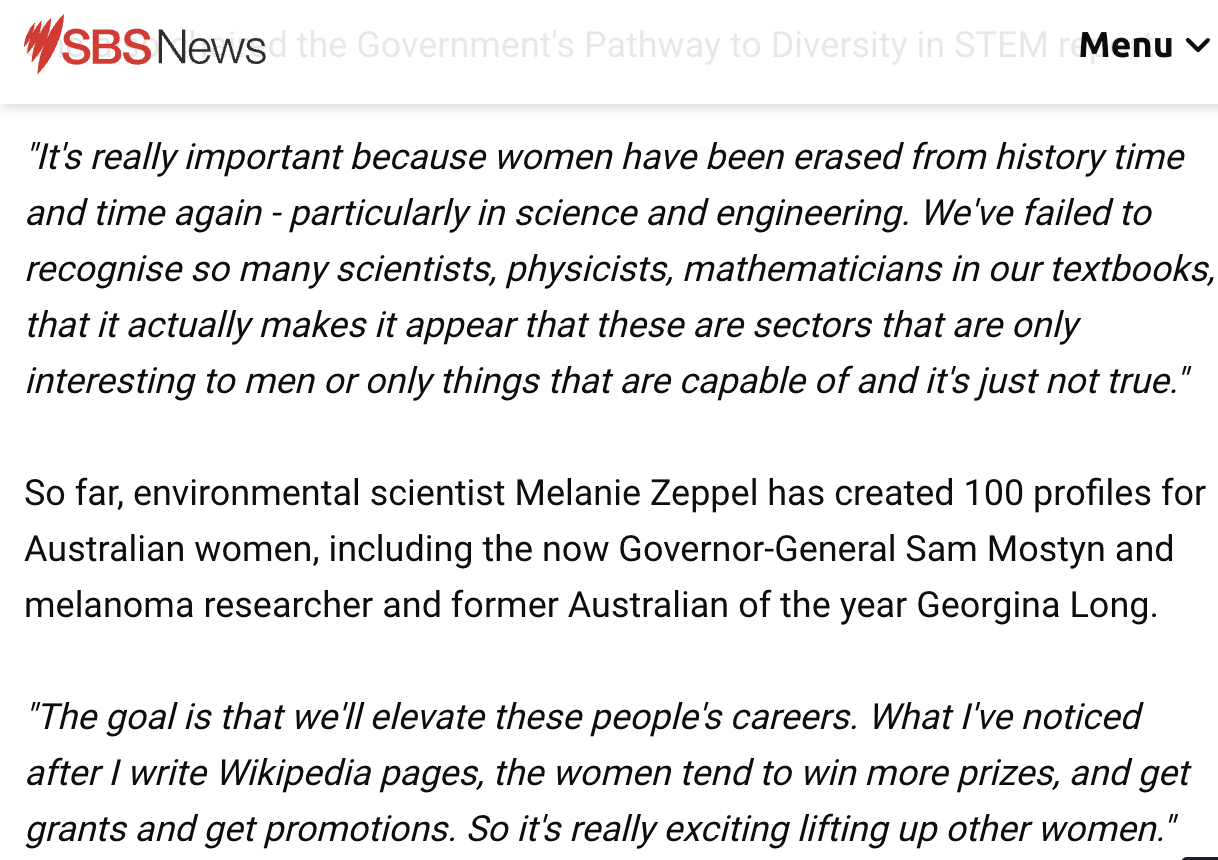
You can't be what you can't see: women inspiring other women
SBS podcast: August 2024
This saying has long resonated with women working in science, technology and mathematics - industries where women have historically been erased. And so it's no surprise that today, there are still glaring gender disparities. Across Australia, women are working to boost the profiles of other female scientists, with the hope of inspiring the next generation. Abbie O’Brien interviewed Melanie for this podcast.
-
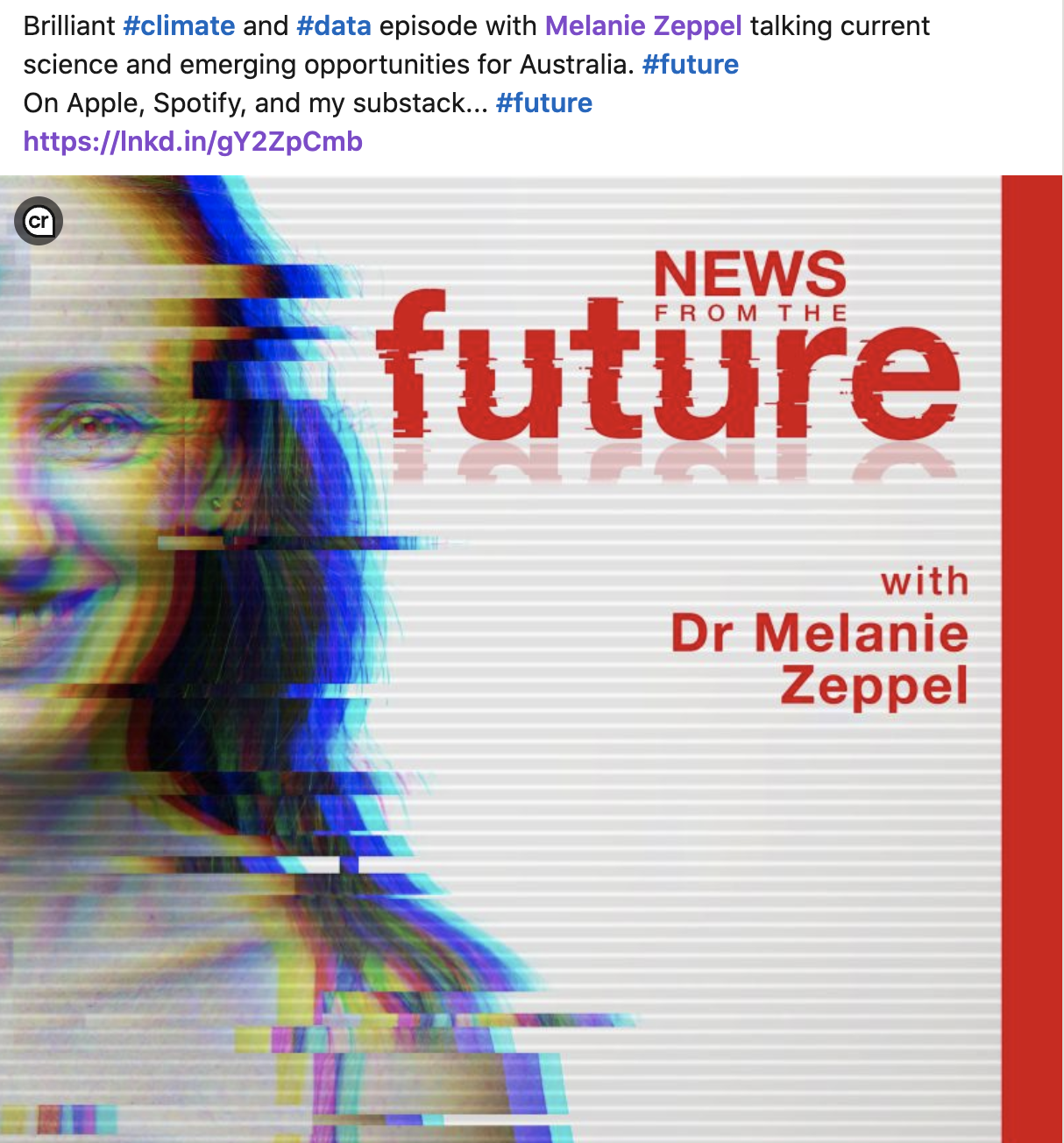
Futurist Catherine Ball: Climate and AI
Podcast: June 2024.
Dr Catherine Ball, Futurist and author of the Newsletter and podcast ‘News from the Future’, interviewed Melanie on the latest developments in climate change, AI, drones, and uses of AI in forests, biodiversity, and natural capital. They discussed economic values of ecosystem services, carbon accounting, and how AI can help fight climate change.
-
Queensland Virtual STEM academy: robotics
Presentation: April 2024.
The Queensland Virtual STEM Academy (QVSA) hosted a session on robotics in April 2024. Melanie gave a presentation in the virtual classroom on Machine Learning, how robotics can be used in forestry, as well as fun careers in AI. The primary and high school aged children had enaged discussions on photosynthesis, forests and AI. -
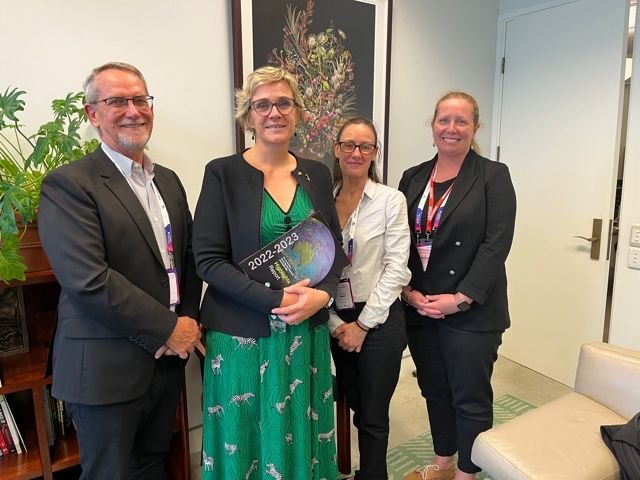
Science Meets Parliament
Event: March 2024.
Science Technology and Australia provided the opportunity for 400 scientists across Australia to meet with Parlimentarians, and discuss their science. Melanie was matched with MP Zali Stegall, to discuss carbon markets, and climate change. -
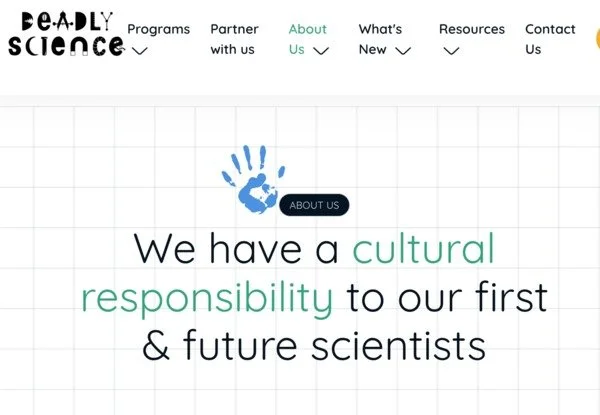
Deadly Science
Online Presentation: March 2024.
Deadly Science is an awesome resource for scientists and students sharing their passion for science with remote and regional schools. Melanie had the privilege of teaching on forests, carbon, and robotics to a regional class in Queensland. If you’re interested in either being a scientist, presenting to online schools, or a school interested in registering. -
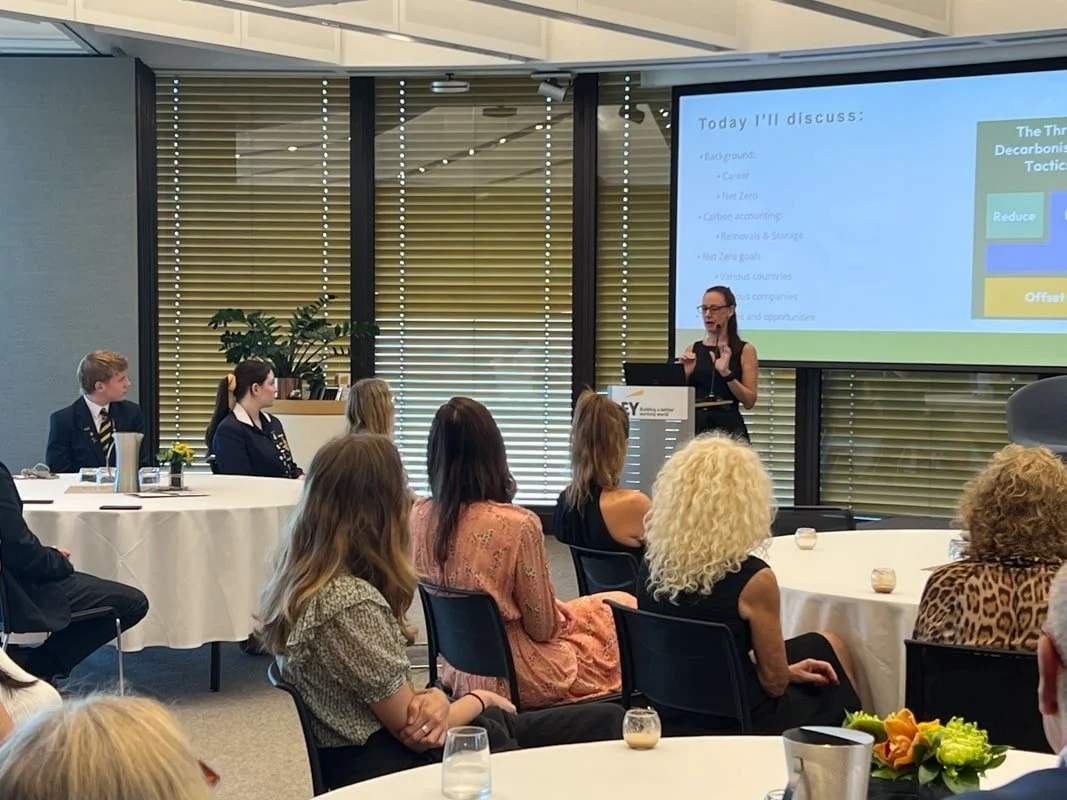
EY & Redlanders Net Zero: Business Breakfast
Keynote presentation: March 2024
Melanie was Keynote speaker at the EY Business Breakfast: Towards Net Zero. The morning was organised by the Redlands alumni dedicated to sustainability, hosted at the EY building. The event was moderated by Chris Nunn (RL 1994) and had panellists Ben Heraghty (RL 1995) and Nina Cooke (RL 2013) on Net Zero and sustainability initiatives. -
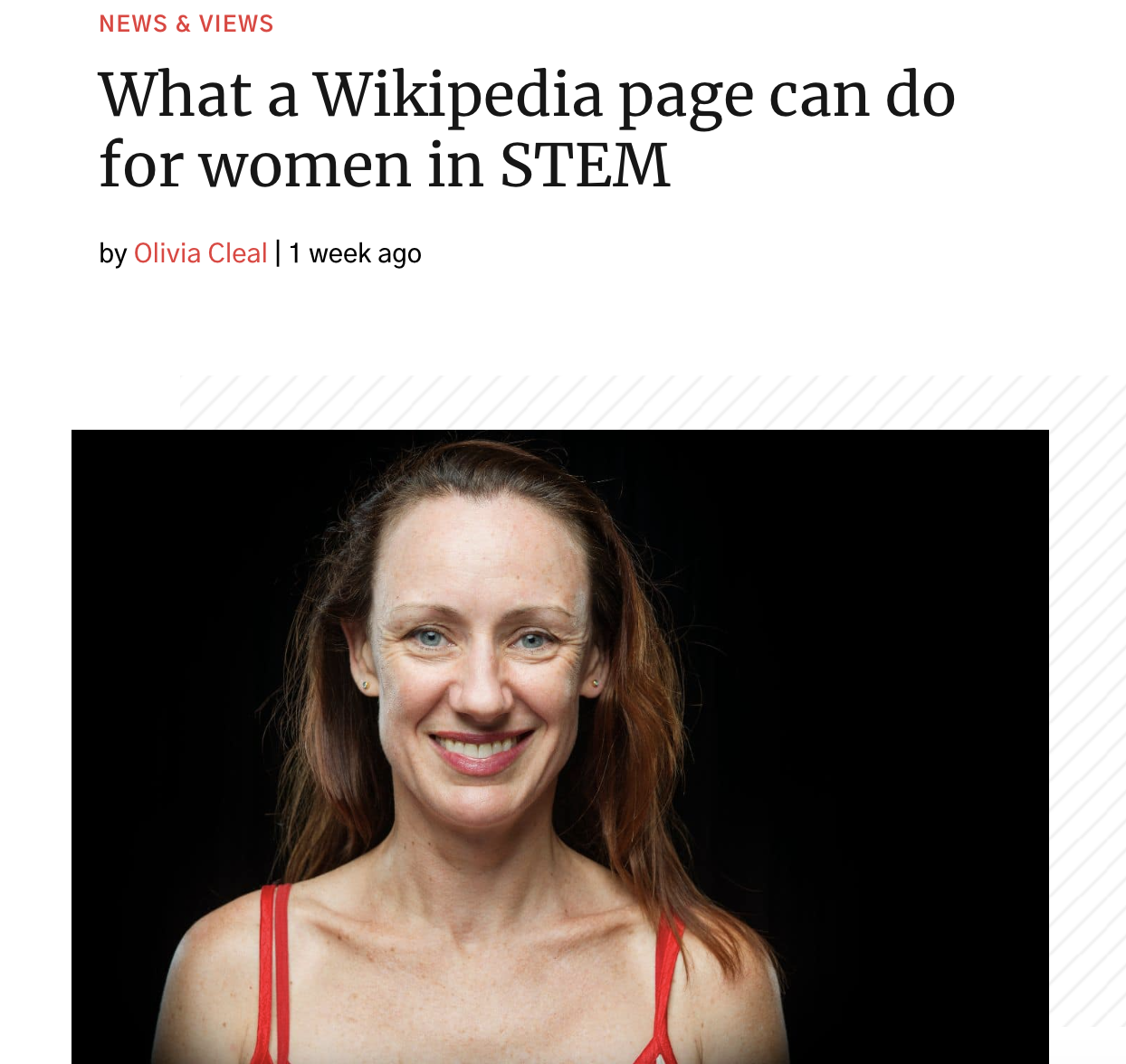
Superstars of STEM Wikipedia Editathon
Article: October 2023.
What a Wikipedia page can do for Women in STEM.
In October 2023, Superstars of STEM Susi Seibt and Melanie hosted a Wikipedia editation, writing wikipedia pages for notable Women in STEM. Women’s Agenda described the Wikipedia Editathon, where 56 wikipedia pages were added, and people in Sydney, Melbourne and online joined in ‘creating something beautiful’ from the inspiring Australian women in STEM. -
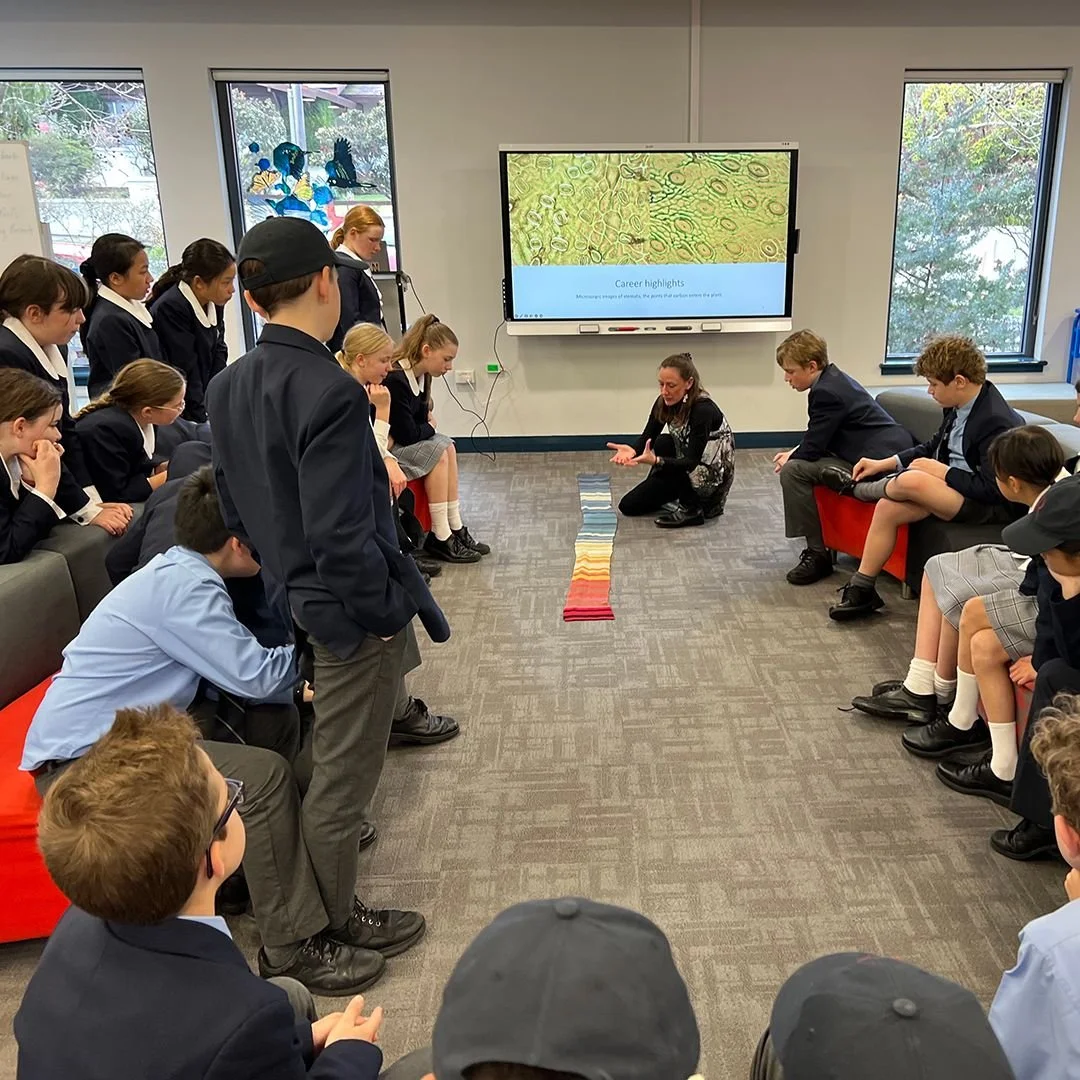
National Science Week: Redlands Primary School
Presentation: August 2023.
Climate Change, AI, the climate scarf, and forest carbon.
During National Science Week in 2023 Melanie had the privilege of talking about science, to the advanced science class of Redlands Primary school discussed the science of the climate scarf, where each row represents the temperature anomaly for one year. The pattern for the climate scarf can be found in the “Read More” link below.
-
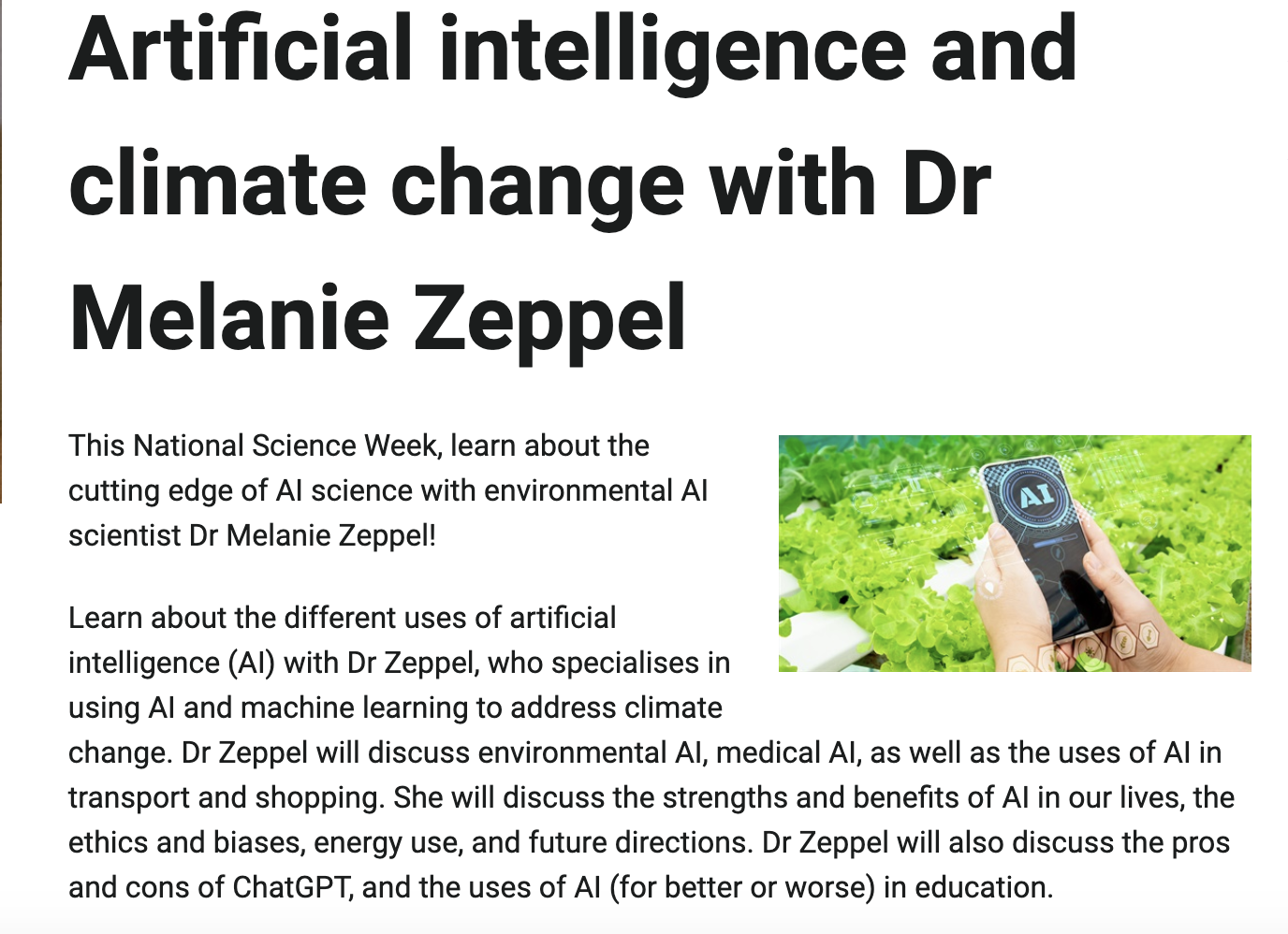
Willoughby Library National Science Week
Presentation: August 2023.
Artificial Intelligence and Climate Change.
During National Science Week, 2023, Melanie gave a presentation to members of the public on AI and climate change, including new technologies for reducing emissions and increasing carbon in soil and forests. -
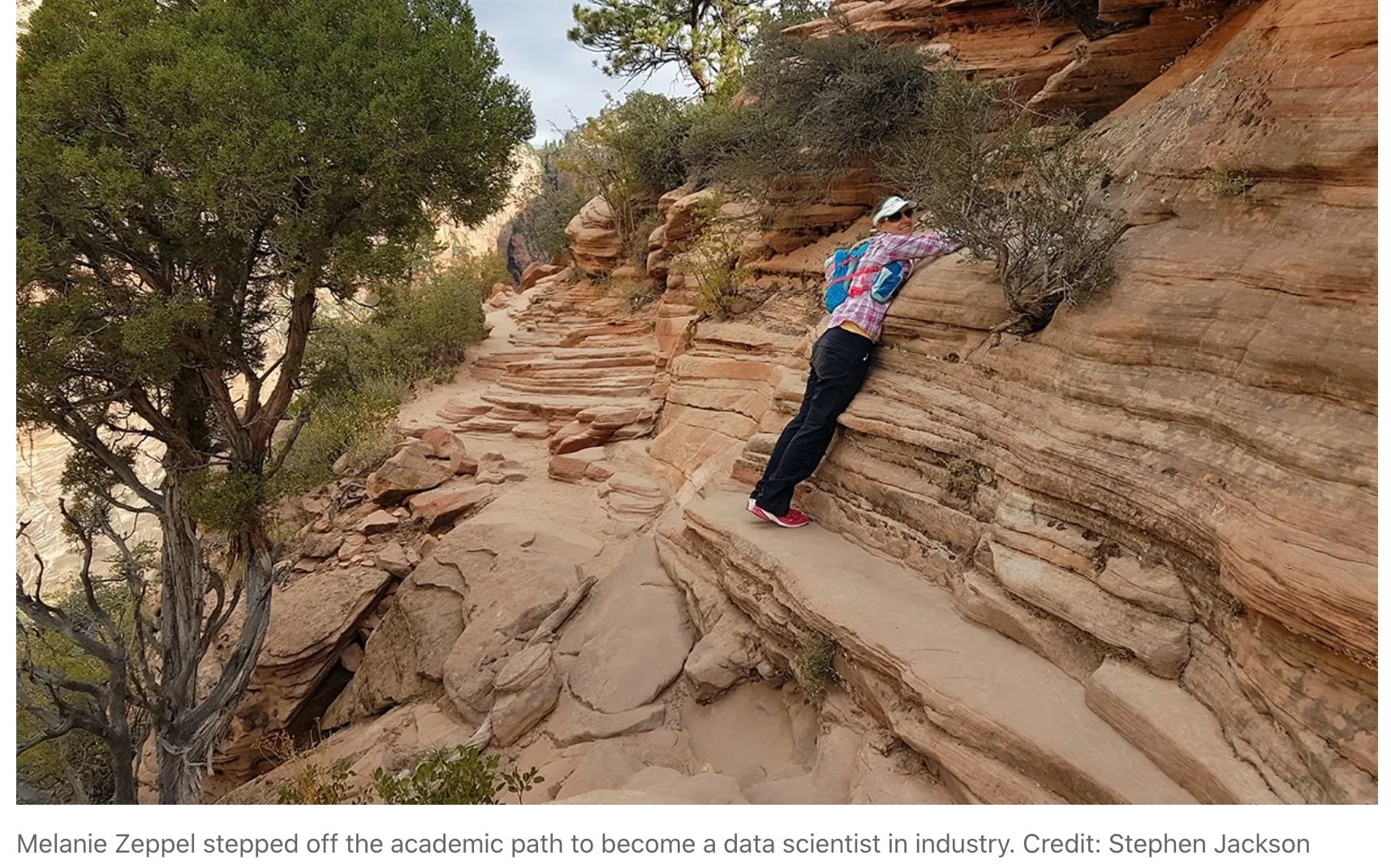
Nature Careers
Article: August 2023.
How to make the Leap into Industry after a PhD.
Spoorthy Raman, from Nature Careers, interviewed a number of people who had transitioned from academia to Industry. Melanie talked about transferrable skills, how to write your CV for industry, and tips for obtaining an industry job. -
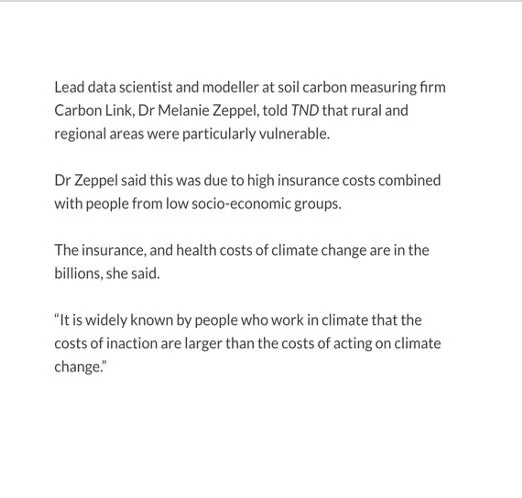
The New Daily: Climate Risk in Australia
Article. February 2023.
Dr Zeppel commented on climate risk, floods and drought, in The New Daily, on February 2023. Climate Change will hit Australia's most populous states hardest. This was during a period when Australia had experienced extreme floods. -
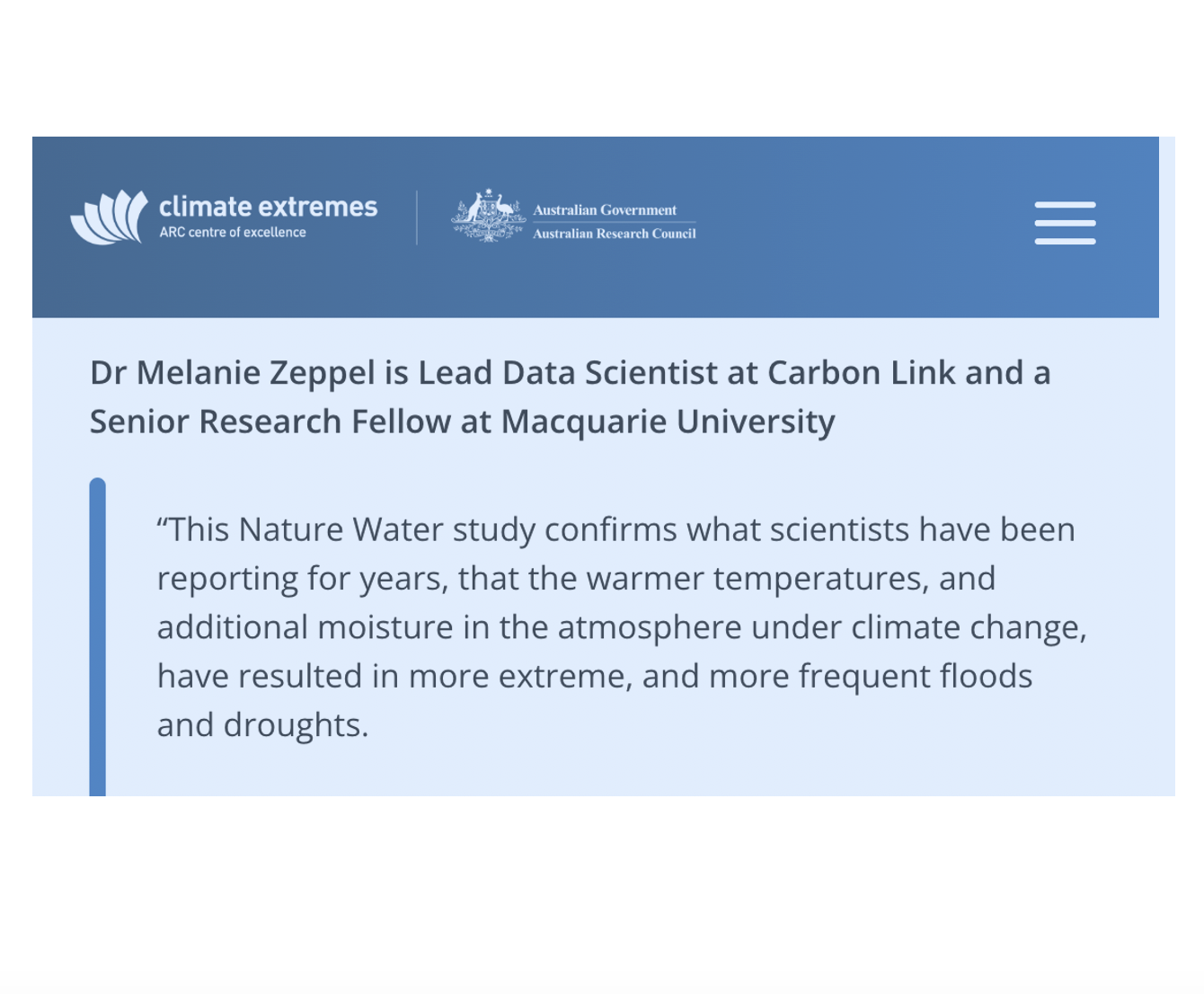
Worldwide water extremes increasing
Expert Reaction: Science Media Centre. March 2023.
Science Media Centre sought views from three experts on a paper by the ARC Centre for Excellence for Climate Extremes. Dr Zeppel commented on the Nature Water paper, which reported that the global intensity of water cycle extremes — a metric that combines extent, duration, and severity of droughts and floods — increased from 2002-2021.
-
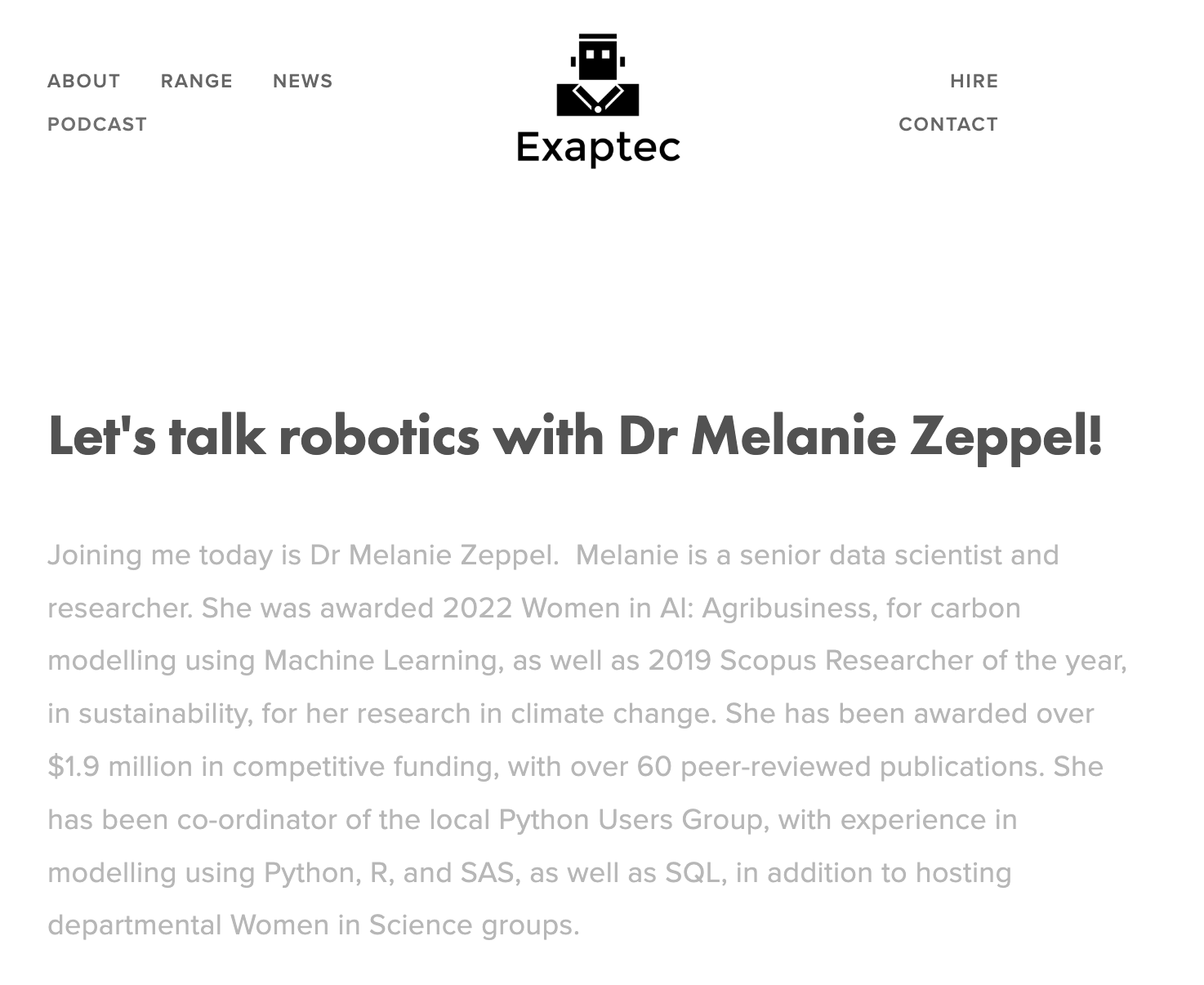
Exaptec: Let’s Talk Robotics
Podcast: June 2022.
Melanie talked with about soil carbon and Machine Learning, and how to measure carbon credits, in the Australian Carbon Credit Unit market, for the Australian Clean Energy Regulator on the Let’s talk robotics podcast. The opportunity to connect with Exaptec and “Let’s Talk Robotics” podcast was one of the prizes for winners of the Women in AI award winners. -
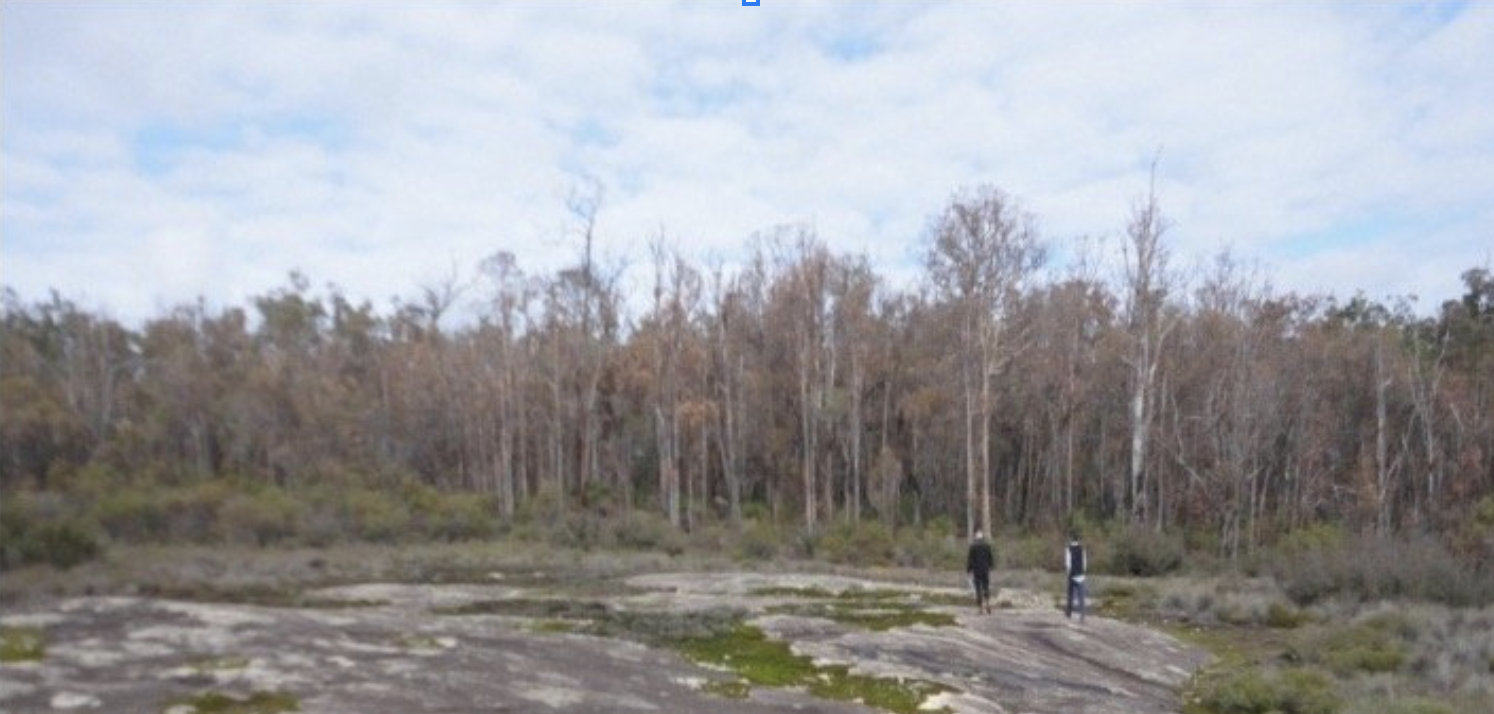
ABC Adelaide: Floods and climate
Radio: August 2023.
Floods under climate change
Melanie was interviewed for Radio ABC Adelaide, on the impact of droughts, floods, and climate change. During this period Adelaide was experiencing extreme floods, damaging housing and industy. The impact from future extreme rainfall in Australia was discussed.
-

NSW Treasury and Dept of Office of Climate Change, Energy the Environment
Keynote: March 2023.
International Women’s Day. Climate Change, “Cracking the Code”
Melanie gave a keynote presentation for the NSW Treasury and Department of Climate Change, Energy and the Environment on how to maintian and retain women in STEM, including having procurement and vendor relationships dependent on gender metrics, and the impact of climate on vulnerable populations. -
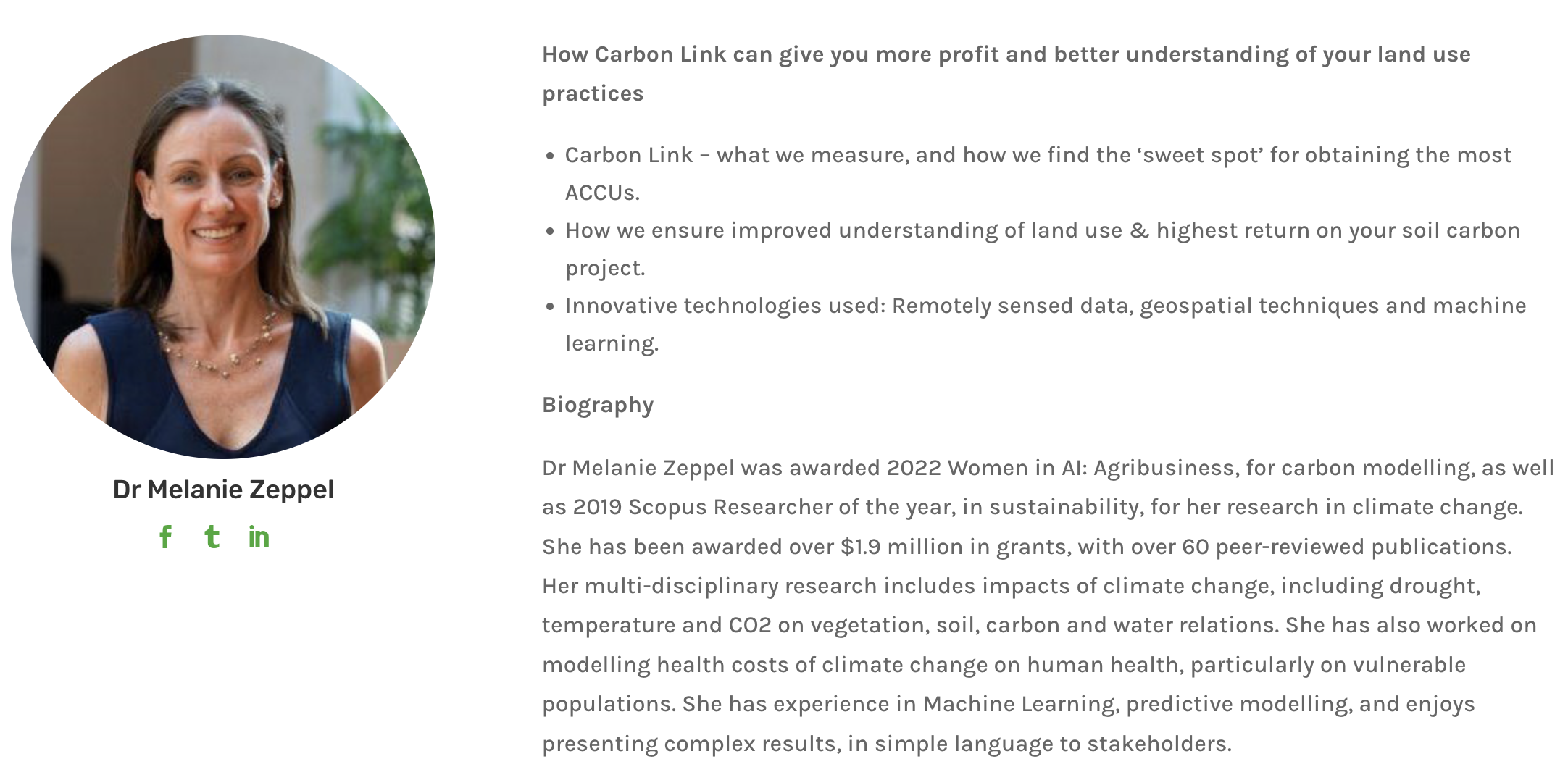
RCS Regenerative Agriculture Conference, Brisbane
Keynote: July 2022.
In Juy 2022, RCS hosted a conference on Regenerative Agriculture, using regenerative methods to restore landscapes, improve hydrology. Dr Zeppel discussed statistics, machine learning methods, and the best approach for improving carbon accounting.
She was also a panel speaker following the presentations, on impact of climate on agriculture, ways to improve carbon on agricultural land, and using data analysis to improve soil carbon, as well as increasing land holders profits.
-
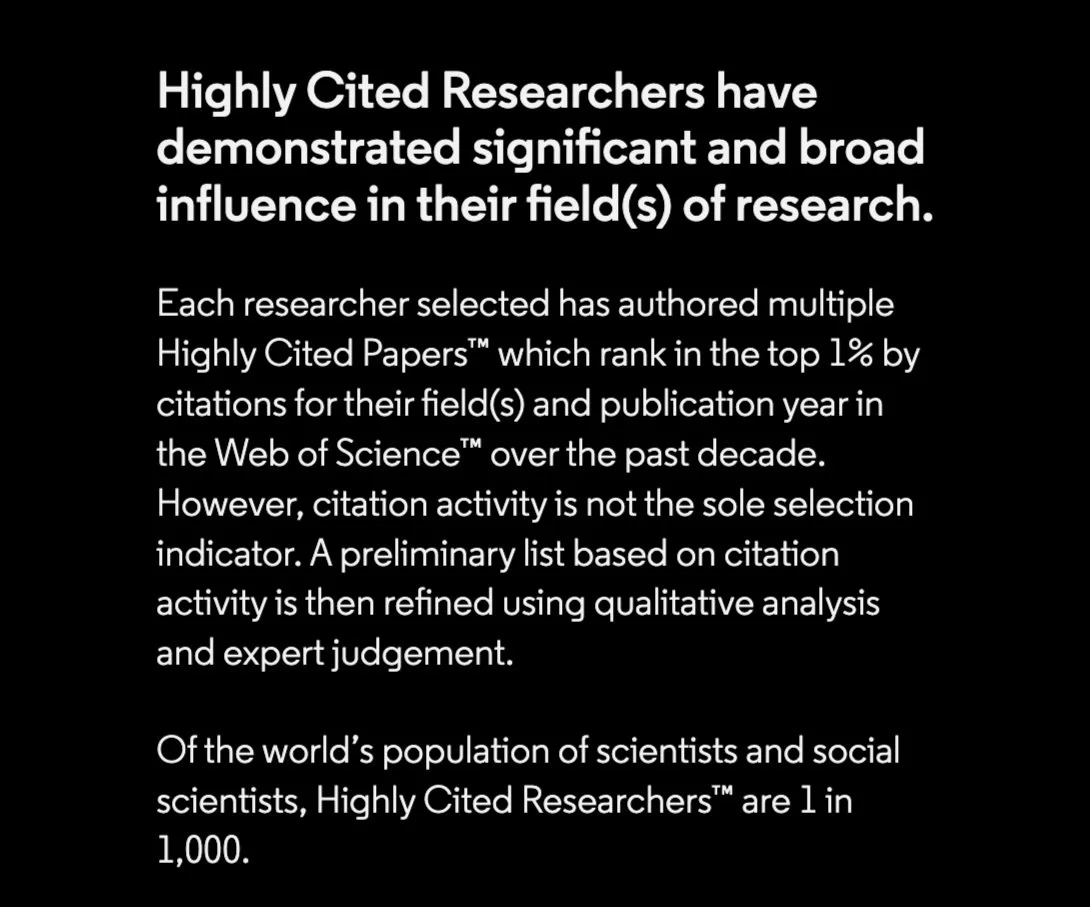
Stanford Highly Cited Researchers
Recognition/Award. October 2021.
Dr Zeppel was named by Stanford University amongst the 2% of highly cited scientists in various disciplines. The report was prepared by a team of experts at the Stanford University. The database provides standardized information on citations, h-index, co-authorship-adjusted hm-index, citations to papers in different authorship positions, and a composite indicator.
-
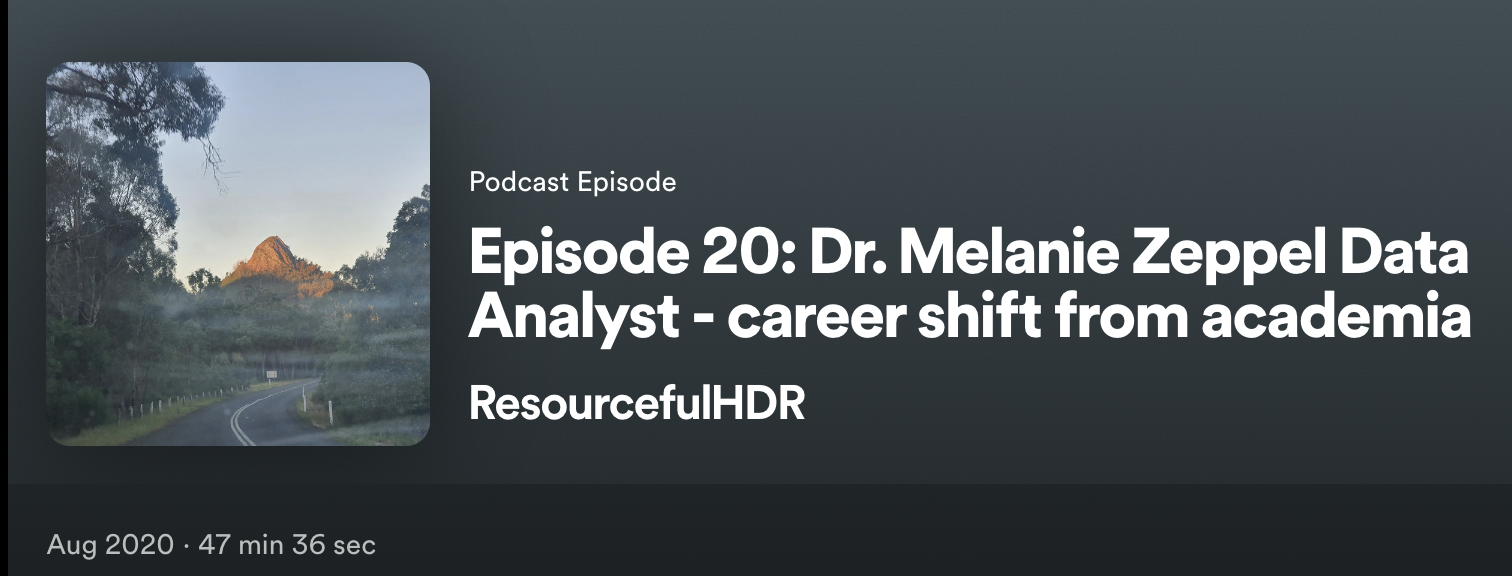
Career Shift from academia
Podcast: August 2020.
Dr Melanie Zeppel is a Data Scientist and Researcher, with competitive funding, including an ARC DECRA and ARC Discovery grants. Experience over the previous 15 years includes measuring and modelling impacts of drought, elevated CO2 and heat waves at national and global scales.
Melanie has recently made the transition from academia to a role as a Data Analyst in the corporate sector and couldn't be happier! -

ABC Mid North Coast Statewide Drive
Radio, ABC. August 2019.
Dr Melanie Zeppel from the Department of Biological Sciences was featured on ABC Mid North Coast Statewide Drive regarding a Wikipedia ‘edit-a-thon’ to better represent female contribution in health, medical and life sciences.
-
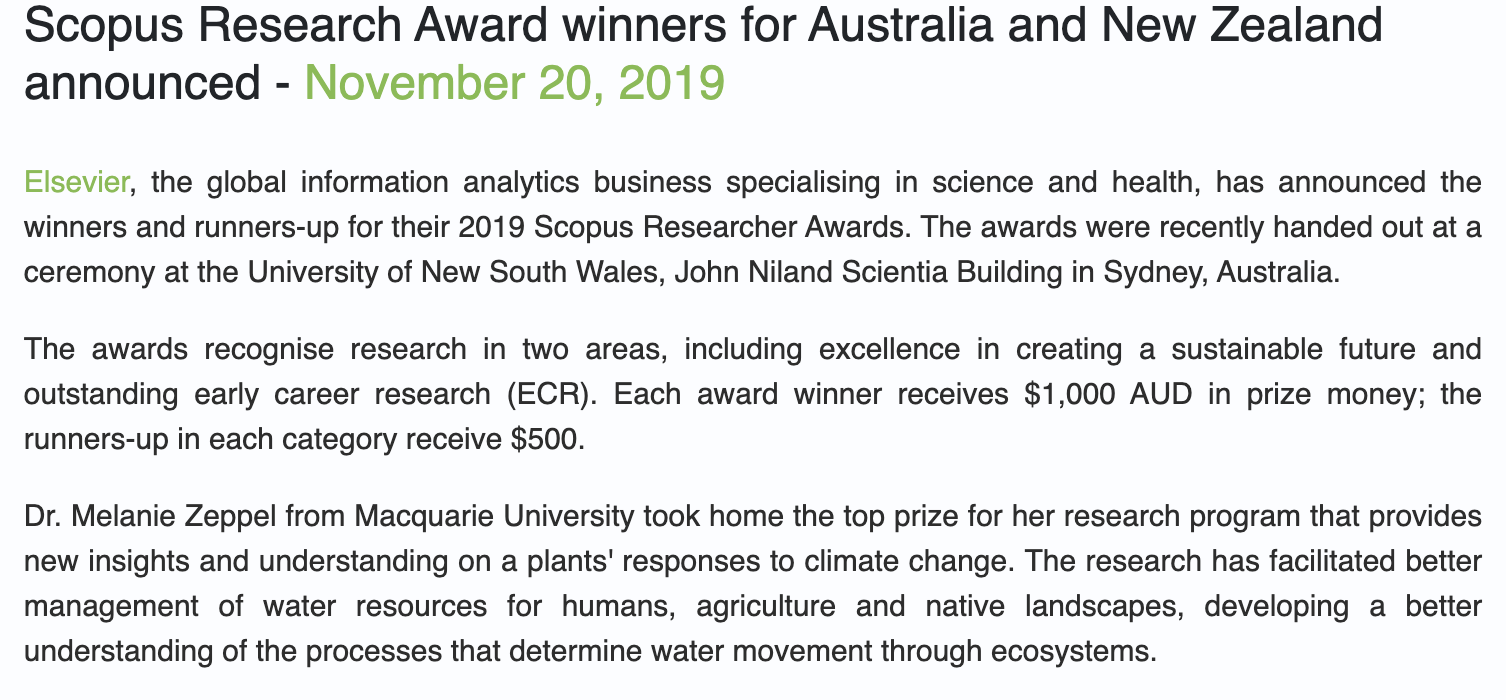
Scopus Research Award winners for Australia and New Zealand
Article 20 November 2019.
KnowledgeSpeak.com described the research of the Scopus Sustainability Researcher of the Year winners.
-

Wikipedia Editathon
Article, MQ This Week. August 2019.
Dr Melanie Zeppel from the Department of Biological Sciences participated in a Wikipedia Editathon to increase the visibility of Women in STEM. Franklin Women hosted the wikipedia editathon, where multiple wikipedia pages were created.
-
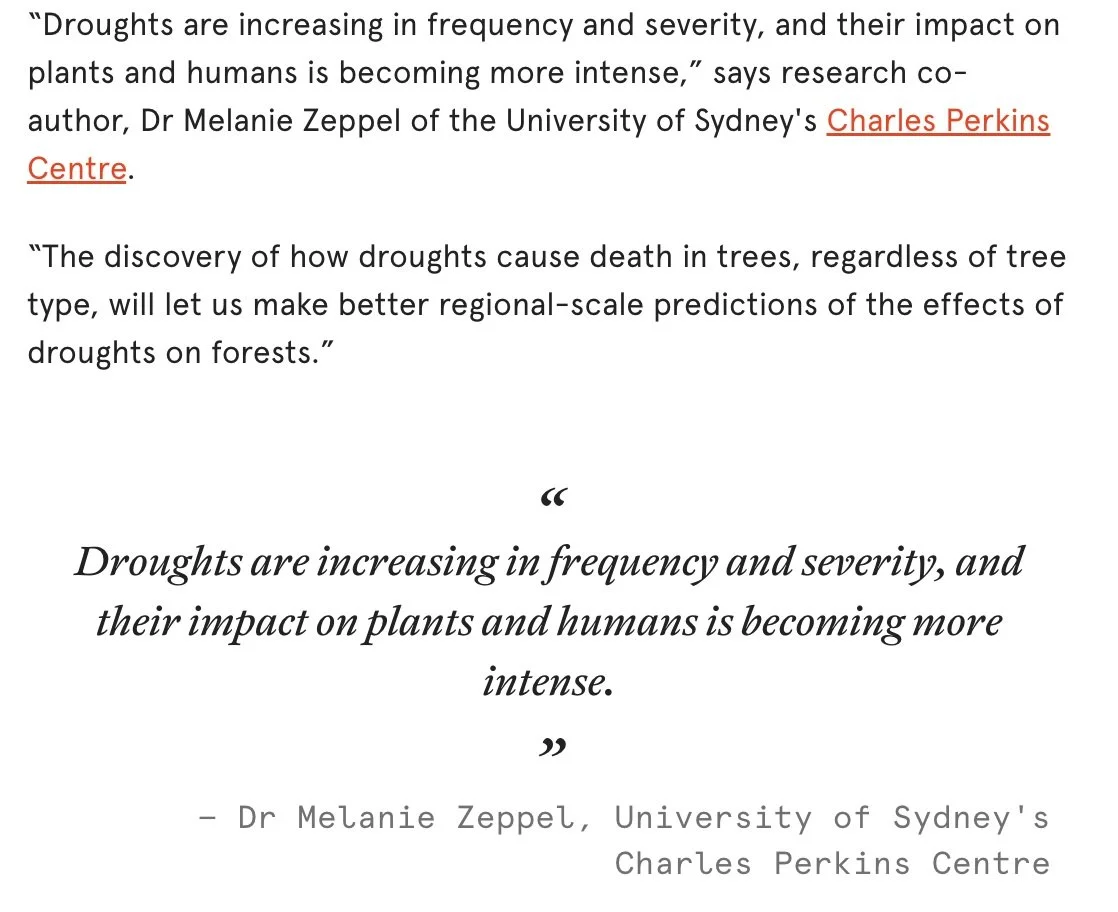
Nature Ecology and Evolution publication
Article, Sydney Uni News. 2017.
Drought-caused tree deaths are produced by a combination of hydraulic failure and carbon starvation, says new research co-authored by Dr Zeppel, Dr Henry Adams, Dr William Anderegg and colleagues, in Nature Ecology and Evolution.
-

International collaboration: Nature Ecology & Evolution
Article, National Science Foundation. 2017.
Scientists have new answers, on impacts of drought on trees. Dr Zeppel and a group of 62 International Scientist published a synthesis of their findings in Nature Ecology and Evolution, and found that carbon starvation and hydraulic failure kill drought-stricken trees.
-
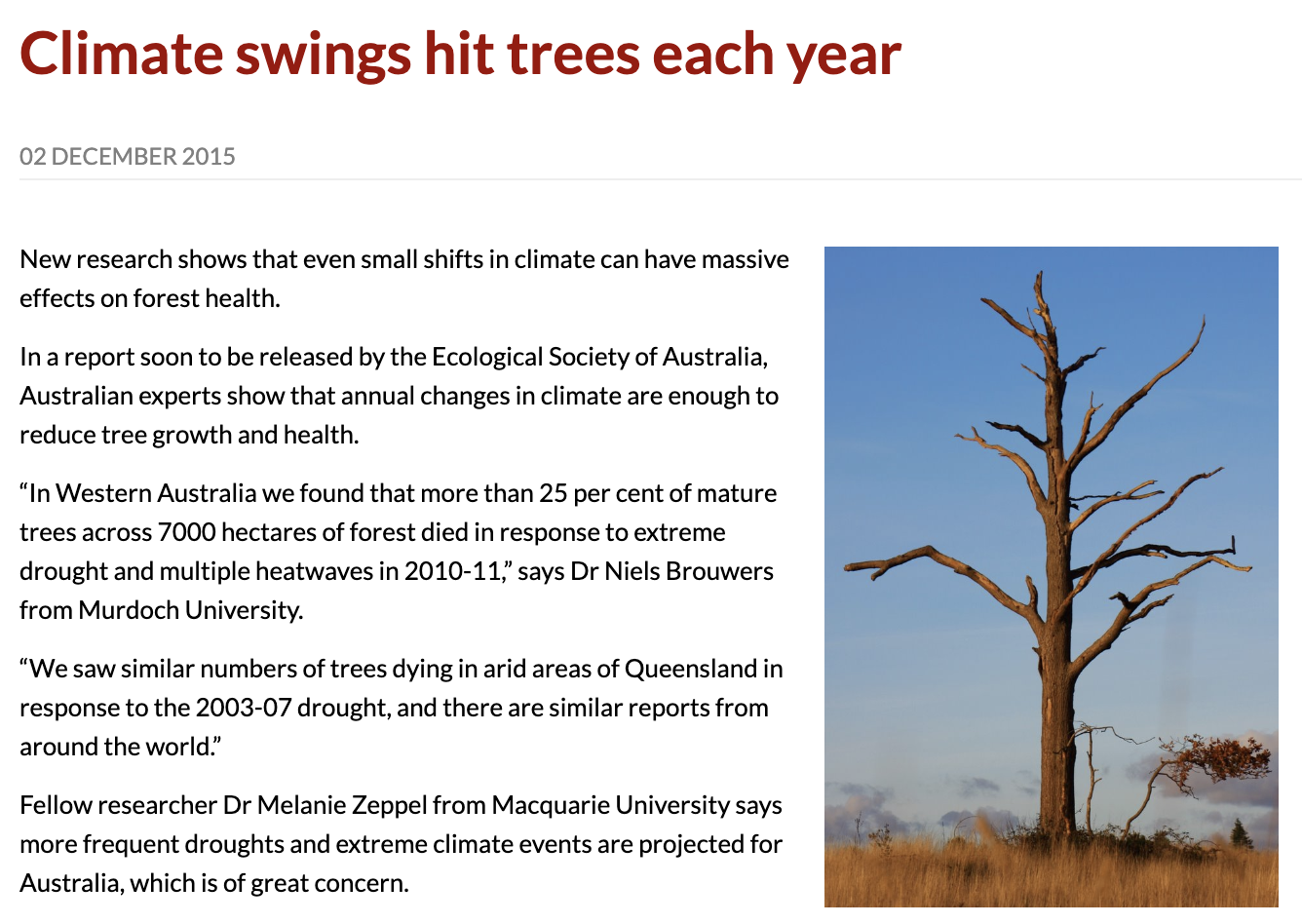
Drought impacts on Australian trees.
Article, Researcher Career. 2015.
The Ecologial Society of Australia published a synthesis of impacts of Climate Change on forests, in collaboration with scientists from Western Austraila. Dr Niels Brouers, and Dr Melanie Zeppel discussed forest mortality in response to drought and rising temperatures, in “Green Career”, 2015.
-

ARC DECRA project: drought impacts on trees.
Article. ARC News. 2015.
Dr Melanie Zeppel was interviewed by ARC News in 2015, around her research which was conducted as part of her ARC DECRA grant. The project investigated the impacts of changing precipitation, including both drought and changing seasonality of rainfall.
-
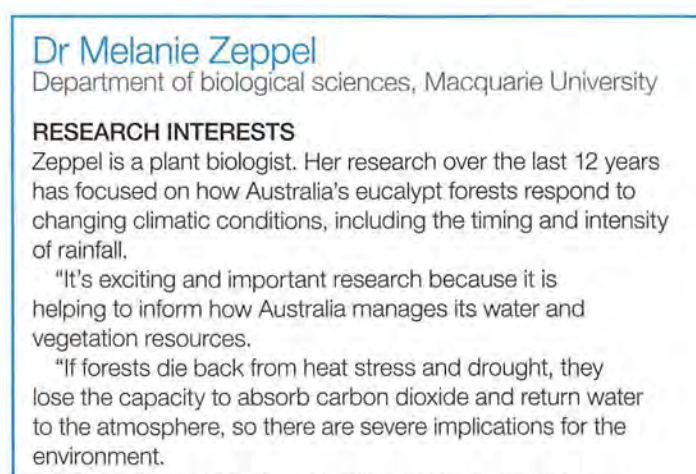
Campus Review:
Article: Campus Review. 2015.
Dr Zeppel was interviewed by Campus Review. Her research has focused on how Australia's eucalypt forests respond to changing climatic conditions.
"It's exciting and important research because it is helping to inform how Australia manages its water and vegetation resources.
-
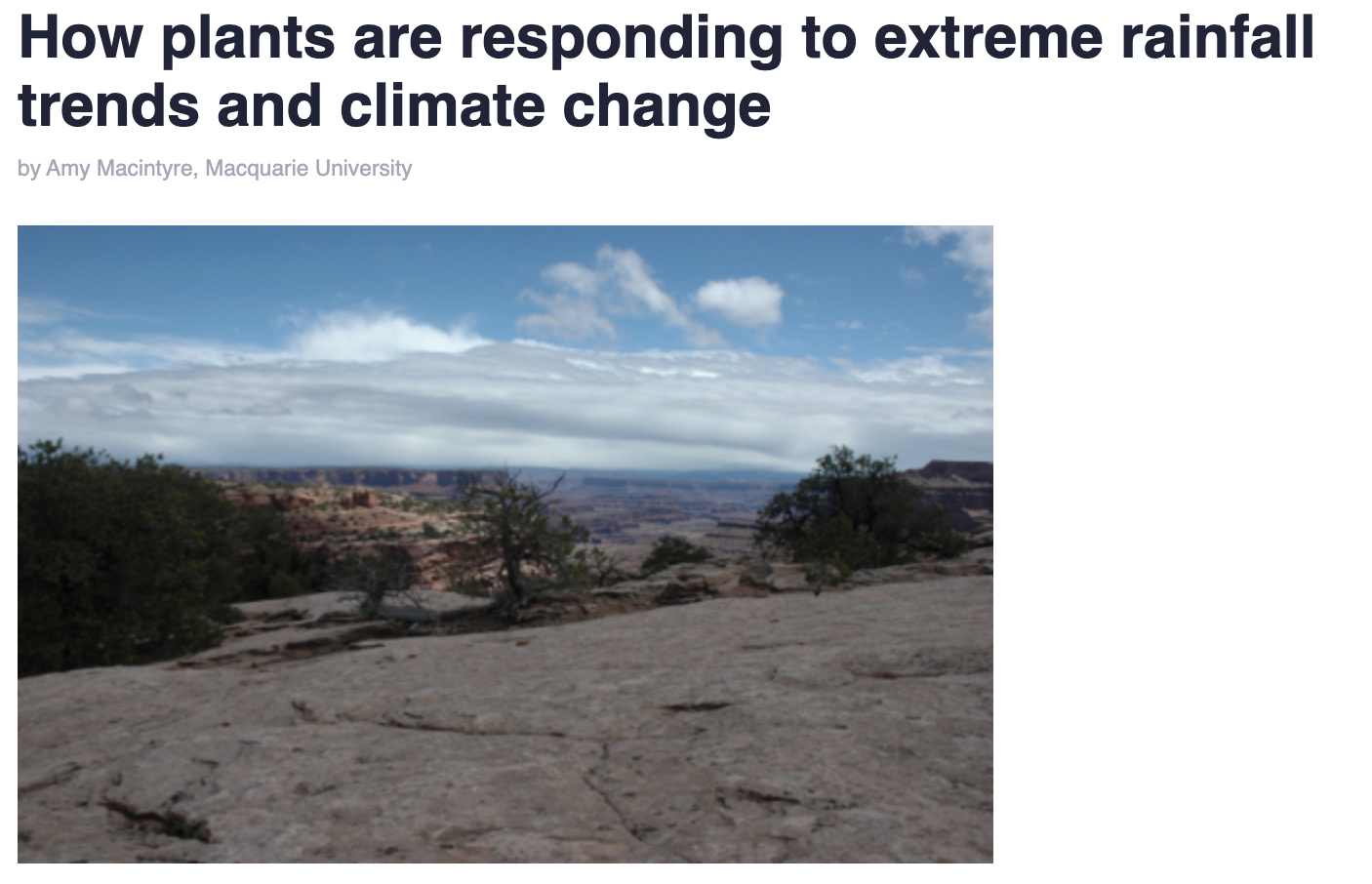
How plants are responding to climate change.
Article. Phys.org. 2014.
Dr Zeppel and Dr Wilks of Macquarie University, Sydney, in an international collaboration with Professor James Lewis, Fordham University, New York, conducted a global review of plant responses to extreme precipitation in different ecosystems globally, such as dry grasslands, woodlands, rlainforests, savannas, as well as cold deserts. Their paper is published in Biogeosciences.
-
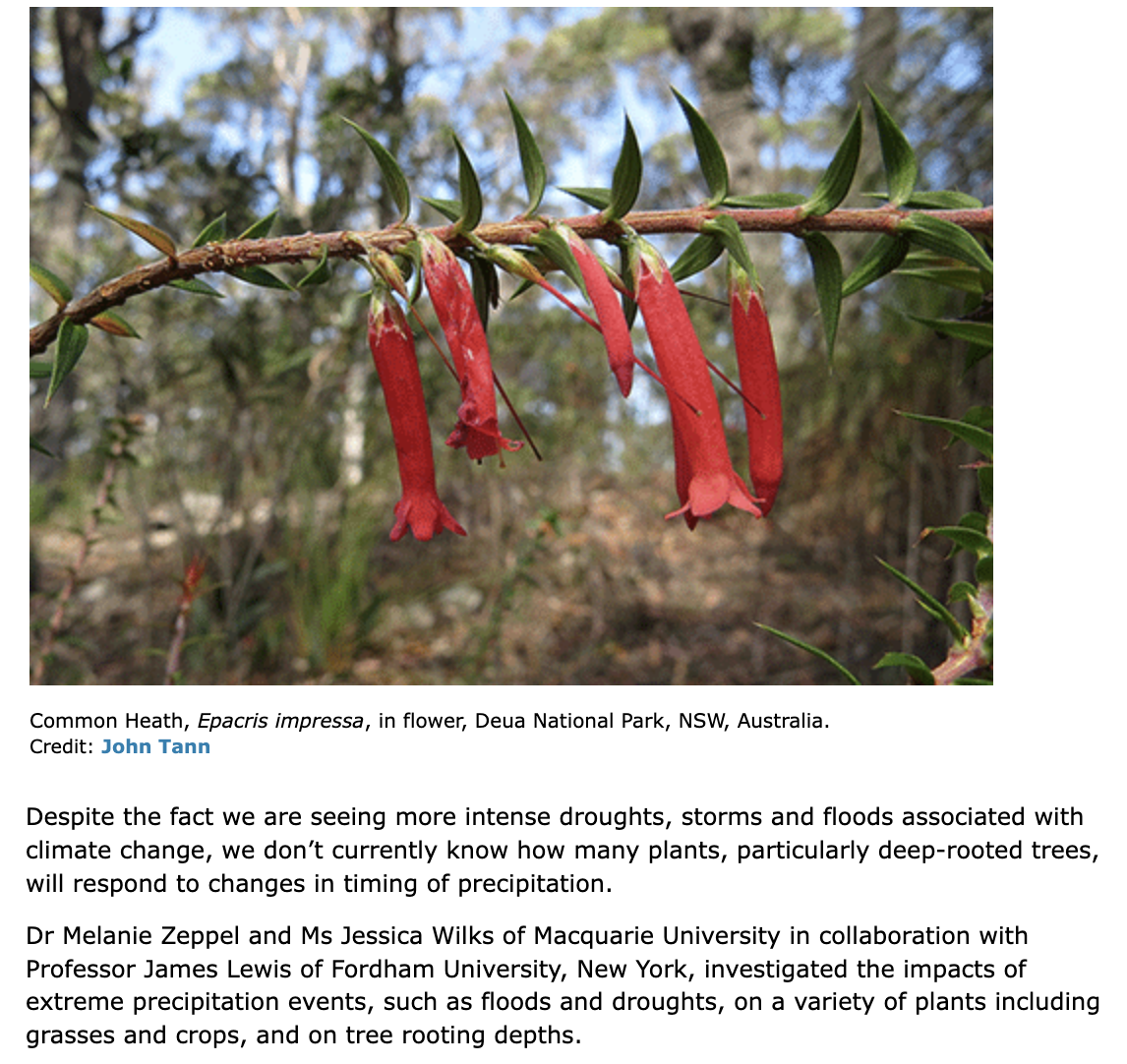
Impacts of changing rainfall on plants.
Article. Ecos, CSIRO. 2014.
Ecos, the CSIRO magazine, published a summary of the findings of the research of Dr Zeppel, Jess Wilks and Professor Lewis. The publication showed that fruiting will vary as seasonality of rainfall shifts, soil water content influences both plant growth and interactions with pests, pathogens and invasive species.
These changes will have far-reaching implications for food production, forest industries and biodiversity.
-
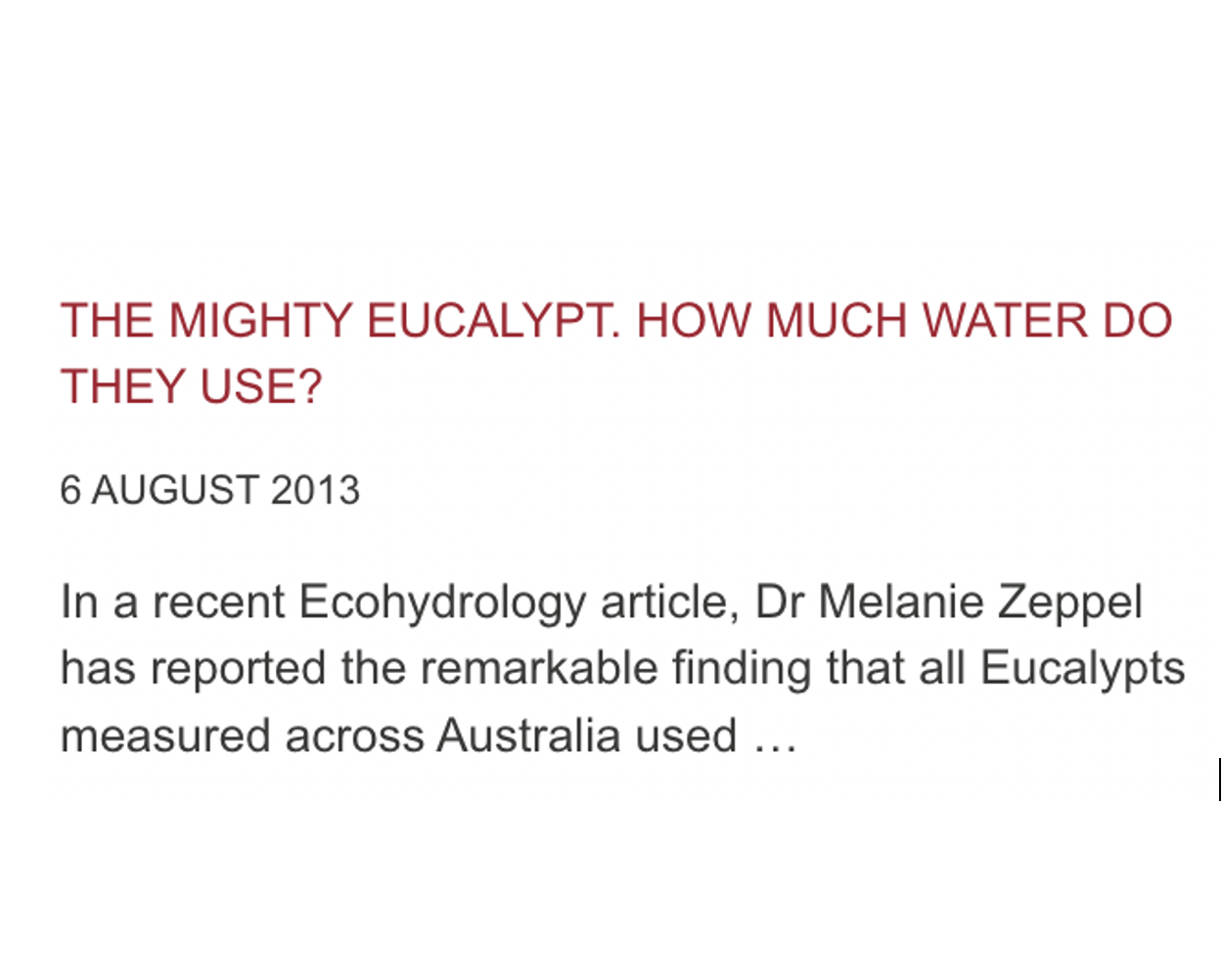
The Mighty Eucalypt: How much water do they use?
Article: MQ News. 2013.
In a 2013 Ecohydrology article, Dr Melanie Zeppel has reported the remarkable finding that all Eucalypts measured across Australia used a similar volume of water for a given leaf area. The article was published in Ecohydrology.
-
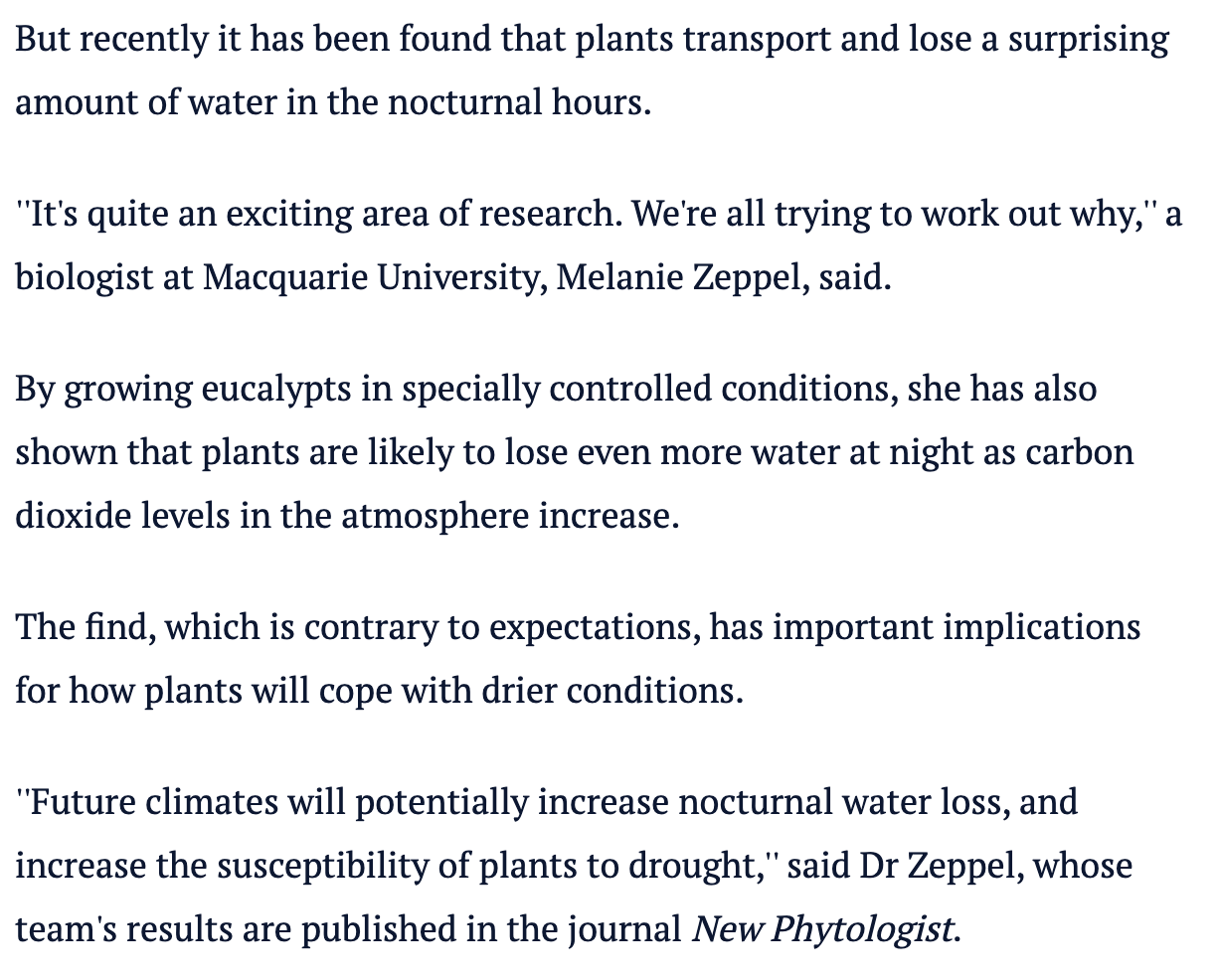
No sun no problem: Scientists discovers dark secrets of the plant world.
Article, Sydney Morning Herald. 2011.
The reasons why plants lose water at night, was described in the Sydney Morning Herald, reporting on a paper on Noctural Water Loss, published by New Phytologist. A team of international researchers, led by Dr Zeppel, investigated mechanistic drivers of tree water loss at night.

